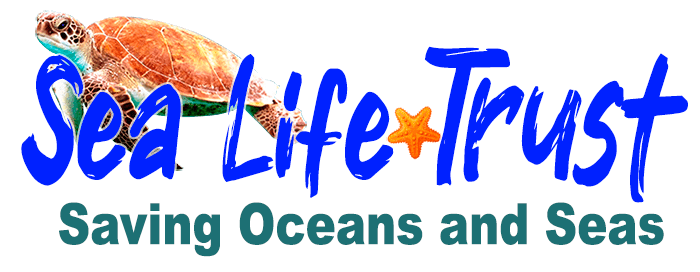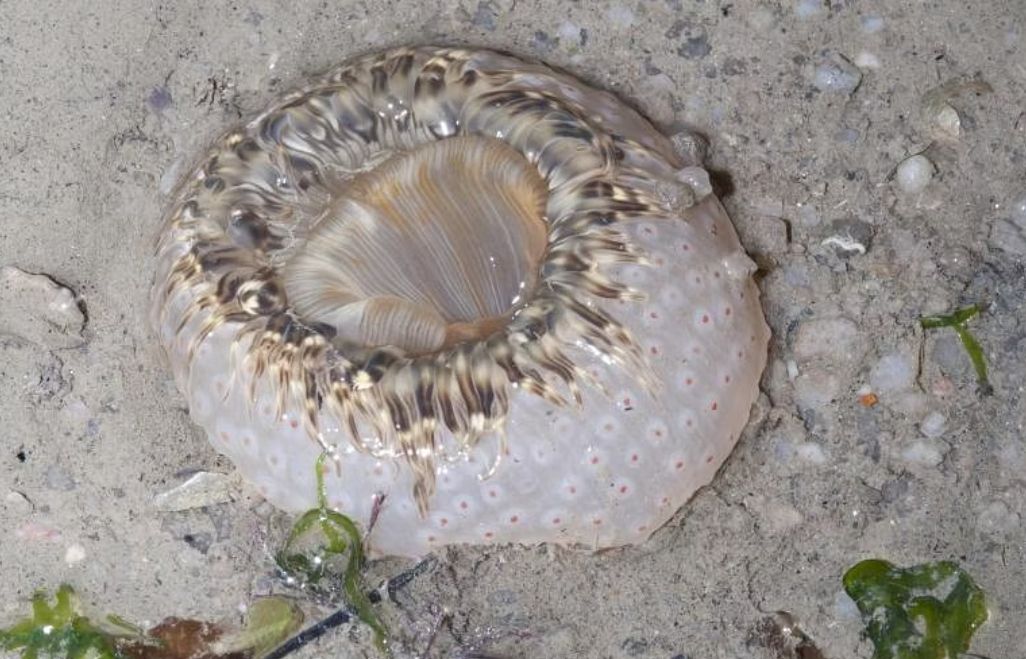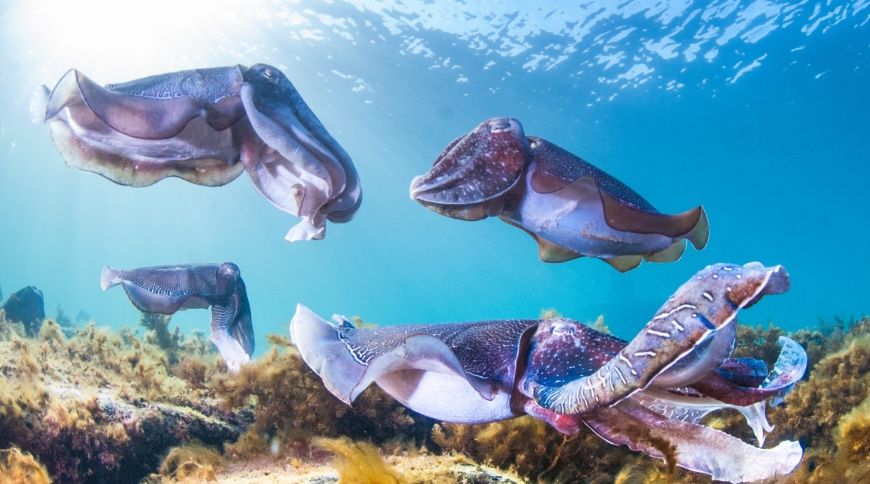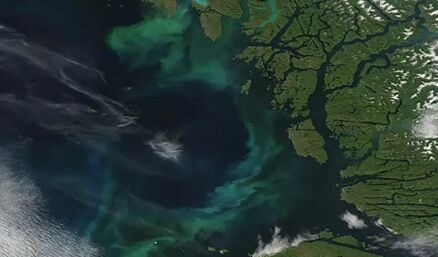Switch for the Reef: 6 Actions to Save the Great Barrier Reef
The Great Barrier Reef, one of the world’s most magnificent natural wonders, is facing its most severe bleaching event in recorded history. The prolonged periods of high water temperatures have even impacted corals in unexpected locations like Sydney Harbour, indicating the urgency of the situation. Scientists are deeply concerned about the reef’s ability to recover, and the possibility of losing it entirely looms large.
Though the problem seems daunting, each one of us can play a vital role in making a positive difference, every single day. It is crucial that we take action now to give the reef even the slightest chance of recovery.
Here are six actionable steps you can take today to help save the Great Barrier Reef:
Switch Off Your Lights and Appliances
A simple yet effective measure is to switch off lights and appliances when not in use. By reducing energy consumption, you not only help cut emissions but also save money on your utility bills.
Consider using your bike for shorter trips and errands. Not only is cycling a healthier and eco-friendly mode of transportation, but it also saves you money on fuel expenses.
Switch to Renewable Energy
Transition to a renewable energy supplier like Powershop, which provides 100% renewable energy at a comparable cost to coal-powered sources. Embracing clean energy alternatives is essential to combat climate change and protect the reef’s future. You can switch at www.powershop.com.au.
Switch Your Superannuation Fund
If you have a superannuation fund, consider switching to one that has divested from fossil fuel investments. Funds focused on renewable energy industries often outperform those supporting outdated and harmful coal mining. This change can also enhance your long-term financial prospects.
Research whether your bank invests heavily in fossil fuels. Opt for banks that prioritize renewable energy investments and support ocean-friendly practices. By choosing environmentally responsible banks, you contribute to a sustainable future for the reef and the planet.
Switch to a Meat-Free Monday
Reduce your carbon footprint and contribute to a more sustainable world by adopting a meat-free diet on Mondays. Livestock, particularly cows, are a significant source of carbon emissions from agriculture. A meat-free day can also positively impact your health and help alleviate world hunger.
Imagine the collective impact if each individual takes at least one of these actions—or even better, all of them. The reduction in emissions, the promotion of renewable industries, and the creation of new green jobs would be substantial.
Above all, the ultimate reward of these efforts could be the preservation of the Great Barrier Reef for generations to come. By taking action today, we can leave a legacy of stewardship and compassion for our children and their children—a living reef to cherish and protect. The time to act is now. Together, let’s safeguard this natural wonder and ensure its survival for the future.




